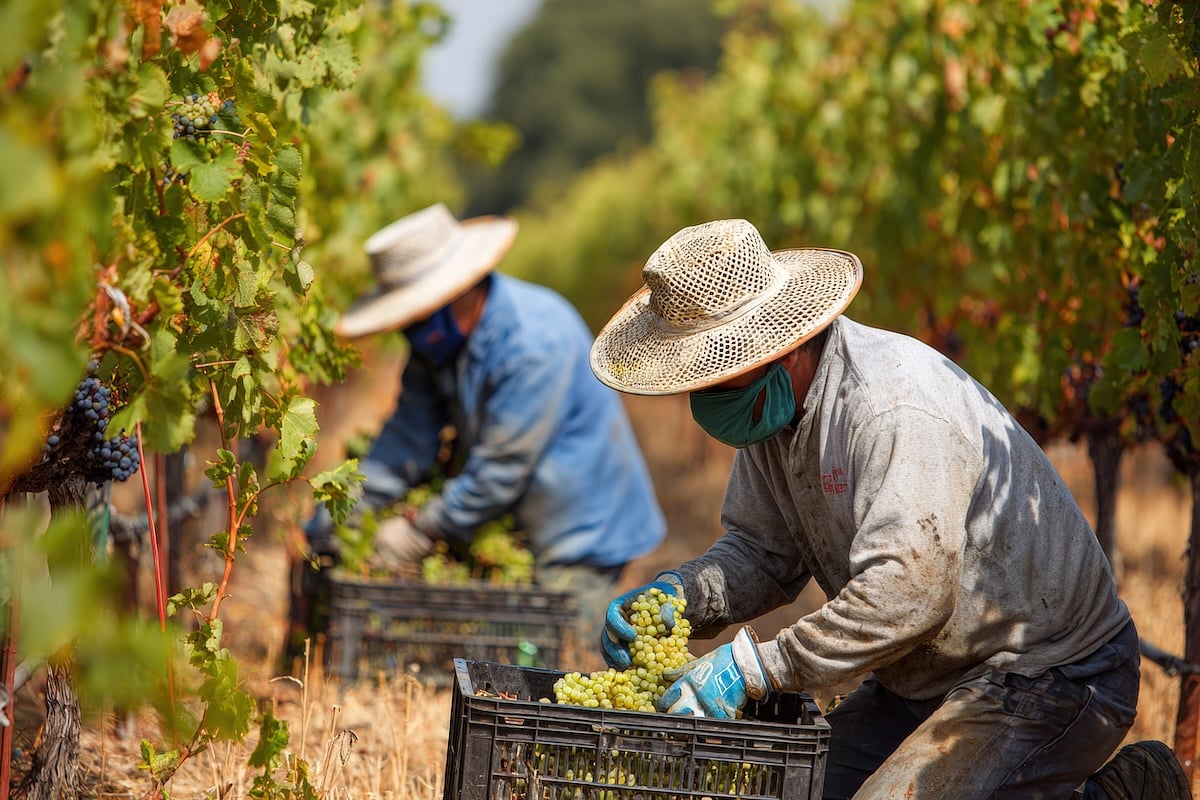Get Healthy!

- Posted October 2, 2025
Farm Workers At Risk For Kidney Disease
Farm workers have a higher risk for kidney disease, mainly due to exposure to high heat and agricultural chemicals, a new small-scale study says.
Workers on a grape farm near the Arizona-Sonora border had high levels of arsenic, cadmium and chromium in their urine, and those were linked to increased signs of kidney injury, according to findings published in the November issue of the journal Environmental Research.
“We’re seeing an increase in kidney disease in young people who lack typical risk factors, especially in hotter regions,” said lead researcher Rietta Wagoner, a postdoctoral scholar at the University of Arizona.
“There is evidence that heat, pesticides and metal exposures each play a role, and especially that heat is making potentially toxic exposures worse,” she said in a news release. “Each individually has been studied, but little research has examined a combination of factors. This study is an attempt to answer questions."
For the study, researchers followed 77 farm workers who traveled seasonally from southern Mexico to work the grape farm. The workers arrived in February and March, at the beginning of the grape season, and stayed until the end of summer.
The team collected daily urine and blood samples from the workers, and measured their heat stress twice a day with inner ear temperatures and heart rates.
The worker’s kidney function generally decreased during the season, based on estimates derived from blood and urine samples.
This decline was linked to chemicals found in pesticides and fertilizers, as well as the excessive summer heat in the Sonoran Desert, where air temperatures ranged upwards of 100 degrees Fahrenheit, researchers said.
“When we looked at heat in combination with metals and metalloids, we found heat especially exacerbated the effects of the metals arsenic and cadmium on the kidney,” Wagoner said. “In other words, together, the effects were worse.”
This kidney damage can be prevented, she said.
“We recommend mandatory periodic breaks and rest built into the workday,” Wagoner said. “Provide water, electrolyte replacement and have restrooms nearby. Also, allow the workers time to get used to the conditions.”
It’s also important to get to the source of workers’ exposure to these toxic metals, she said, noting that workers drink well water in places where uranium and arsenic are found in the soil.
“If we can implement prevention measures early on,” Wagoner said, “we can prevent longer term issues.”
More information
The U.S. Centers for Disease Control and Prevention has more on farm worker safety and health.
SOURCES: University of Arizona, news release, Sept. 23, 2025; Environmental Research, November 2025
What This Means For You
Farm workers should make sure to take frequent rest breaks during hot days and stay hydrated.







